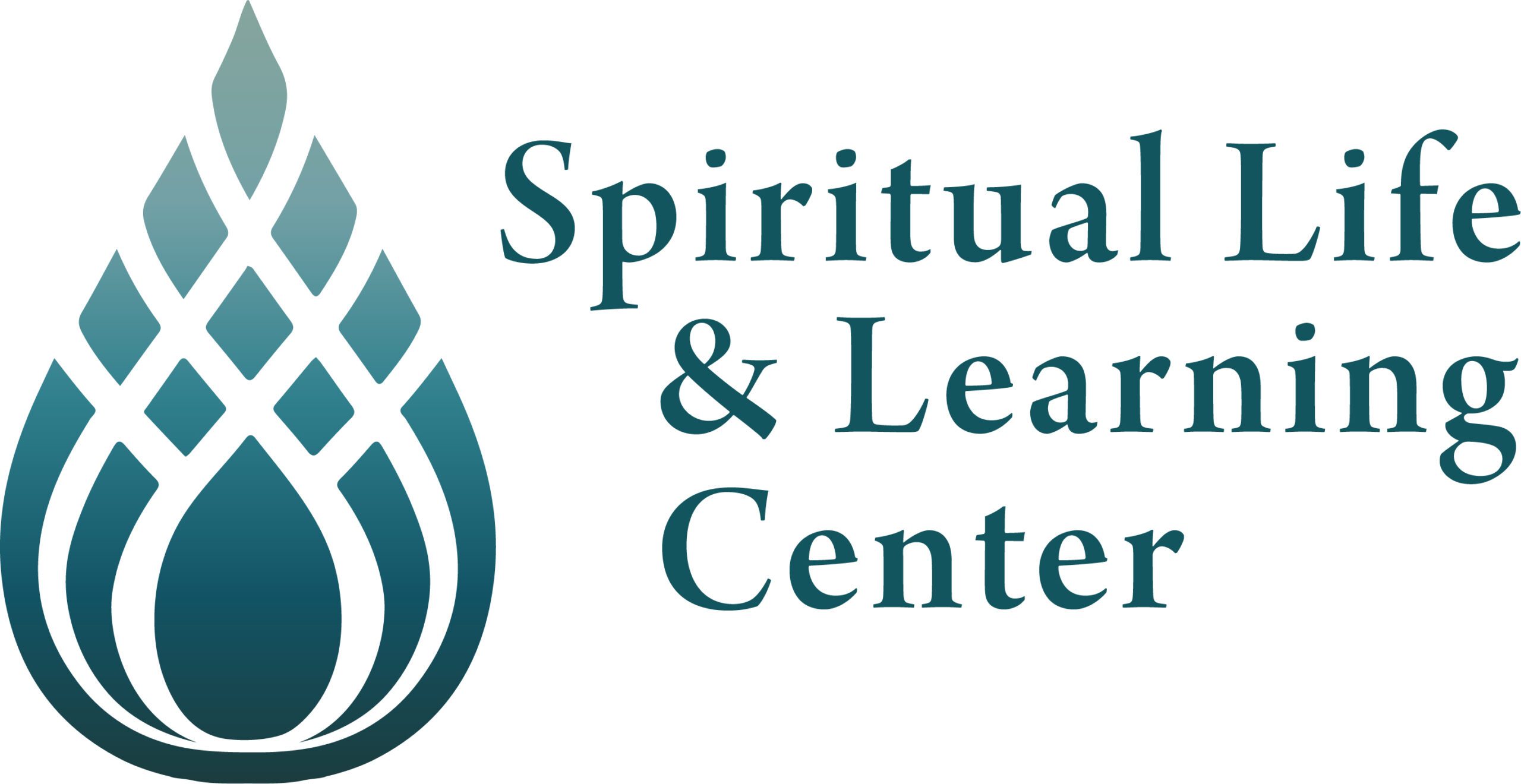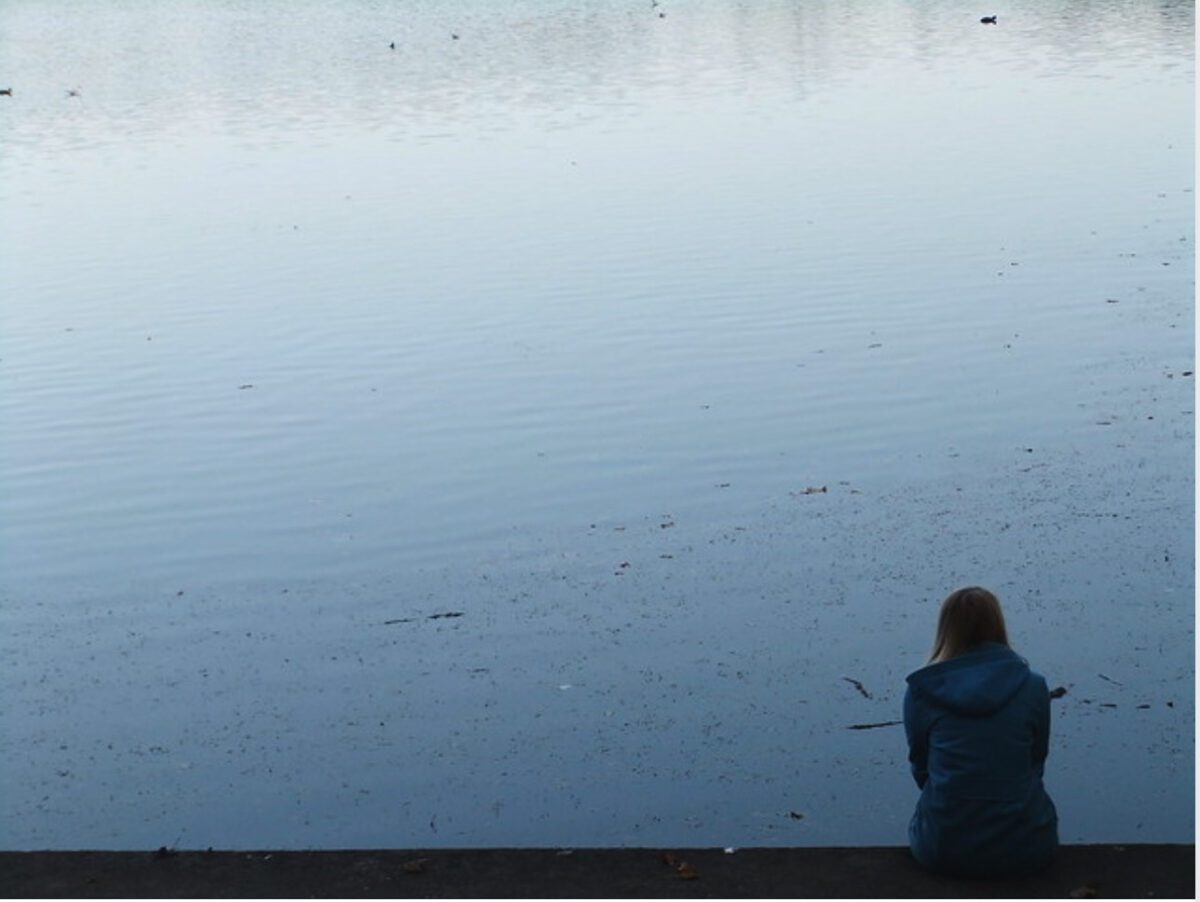Because I don’t know how to respond to what I see as the current devastated state of the union, the world, religion, and the Earth, I’ve been playing around with some thoughts about “play” as a survival tactic, so maybe you’ll “play it by ear” with me.
I seem to have always taken things too seriously. Out of concern, my own sainted mother once said, “David, you think too much.” (I should have listened more to my mother.) And, indeed, life can be very serious. But I’m wondering if I—if we—have to take it so seriously; that is, perhaps we don’t need to wear severity as a burden, or worse, as an identity. The phrases “lighten up” and “chill out” spring to mind here.
The ego-self takes itself very seriously.
But seriously, isn’t everything “play,” at least at one level?
This line of thinking arose for me when I read neuroscientist Paul MacLean’s triad of imperative needs for the well-being of infants and children:
Audiovisual (face-to-face, heart-to-heart) communication
Nurturing
Play
As I contemplated that triad, it seems clear that we need all three throughout life, just as much in adulthood as in childhood. Joseph Chilton Pearce comments that “all three involve close, intimate relationship. We are born to relate with, communicate with, nurture, and play with our world and with each other.” He characterizes “play,” particularly, to be “as vital as any survival instinct and an automatic response when the first two imperatives are met.” (italics mine)
Actually, I think we are really playing at life most of the time; at least I am. As I look at my own life, I realize that I am, and always have been, playing at relationships, not really quite sure exactly how to “do” them. I’m playing at how to be a responsible adult. One of my takeaways from my early studies of the work of Alan Watts was his emphasis on “the secret adults never tell their children:” that as parents, as adults, we don’t really know how to be a grown-up either—we’re just trying to figure it out—although we act as though we know what we are doing. We play-act into adulthood.
For children, play is their work and it is “serious” business. One difference, of course, between child and adult play is that people and the Earth can get seriously hurt by our grown-up “play-acting.” But perhaps if we all became more humble about acknowledging that we are all the time experimenting with how to do life, and quit being so self-righteous about having all the answers and acting like we know how it’s all supposed to work, we could take it all less seriously and laugh a bit more at ourselves and with each other.
We need to learn how to play again.
Was it Wayne Dyer who said, “Would you rather be right or be in relationship?” A lot of my life I’ve chosen the former, but ultimately I know my heart far prefers the latter. In her wonderfully-rich blog, Brain Pickings, Maria Popova quotes artist Anne Truitt in this regard. Truitt wrote:
I have always been mystified by the speed with which people condemn one another. Feeling as righteous as Christ chastising the money-changers in the temple, they cast their fellows into the outer darkness of their disapproval. This seems to give them intense pleasure. [I totally understand her point, the pleasure I get by hating certain people with whom I vehemently disagree!] Whenever I am tempted by this pleasure, I remember some impulse in myself that could have led me, granted certain circumstances, into the condemned position. This has caused me to distrust the part of myself that would relish self-righteousness.
This doesn’t mean we have to be any less passionate in our play—in fact, I’m pretty sure passion is an important quality in any intimate relationship. For instance, in the movie RBG, I was so struck by the way Ruth Bader Ginsburg enjoyed a mutual love of the opera with arch-foe Antonin Scalia, and could play around and seemingly even flirt with her “enemy” Supreme Court justice. But I remember playing sandlot ball with my buddies, deadly serious about my team winning, and after the game, win or lose, riding our bikes to the Dairy Queen, laughing and joking all the way. Does that kind of interaction really have to end when you hit the age of 20 or 30 or 40 or 50 or 100?
As I began these thoughts about adult play, I noted that it’s in reference to how difficult it is for me to navigate today’s world. One main reason I find it difficult to know exactly what to do with the current polarization of politics—when I’m drawn completely toward one of those poles against the other—is my theology of the interconnectedness of all life within the realm of Divine Love, a theology that grows out of my own spiritual experience. This understanding declares that each moment is a new arising of the manifest universe from a Loving, Nameless Source of Being.
This theology creates a problem: If everyone I disagree with, every policy I deplore, every direction this nation and my religion takes that I detest (not to mention every accident, tragedy, or act of nature that takes innocent lives) arises out of this same Oneness, how am I to respond? For that Other is also me. We—these people, these policies, these countries, these religions, these disasters—are all arisings from the same Oneness.
Likewise, to engage in the same behaviors I detest is merely to reproduce or complicate the same dysfunction against which I rail. As Gandhi said, “An eye for an eye makes the whole world blind.” All this is just the ego-self battling against the ego-self, and politics becomes the collective ego-battle. And, as Einstein is supposed to have said, “No problem can be solved from the same level of consciousness that created it.” The ego-self takes itself very seriously.
I watch my young grandsons play, before that ego-self gets so rigidified, and the imagination and creativity are wondrous to behold. I need—we need as a species—that kind of imagination and creativity now more than ever. We need to learn how to play again.
If anyone has read this far, here’s the bottom line for me: I have the intuitive sense that by adopting this attitude of play, I might become far more courageous than I’ve been in confronting the injustice, inequality and downright cruelty of the neoliberal Empire toward human and non-human life alike. I’ve survived, and even won a few schoolyard fights in my childhood, and all my reflection makes me wonder if Gandhi developed this “lightly-held” attitude when leading and encouraging others to engage in nonviolent resistance against the Empire, recognizing that any abuse being received, physical or other, is coming from brothers and sisters of our one human family. I’ve literally lived through that before too.
Personally, I know I don’t go into any resistance with any weapons other than the direct experiential knowing that all of it, whatever “it” is, is held in the One Love.
Slightly amending something someone once wrote, “Who will separate us from the Beloved? Will hardship, or distress, or persecution, or famine, or nakedness, or peril or sword? . . . No, in all these things we are more than conquerors through the One Love that holds us. For I am convinced that neither death, nor life, nor angels, nor rulers, nor things present, nor things to come, nor powers, nor height, nor depth, nor anything else in all creation, will be able to separate us from the Beloved One from which we all arise.”
Rev. David Hett is the Spiritual Director of The Burkhart Center






